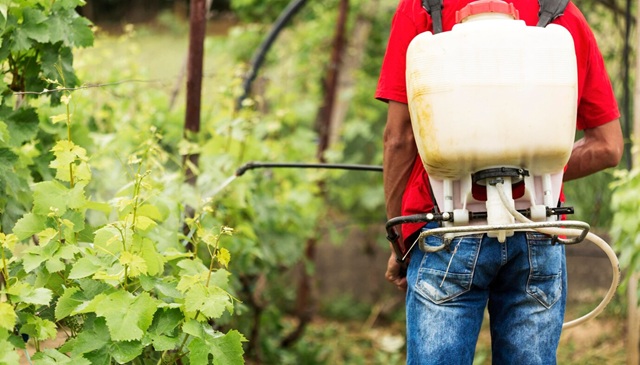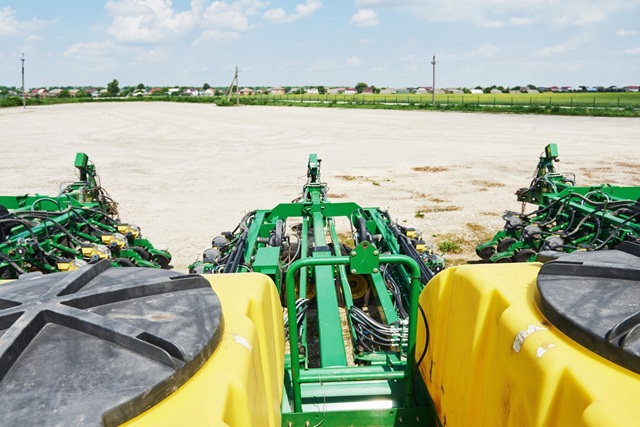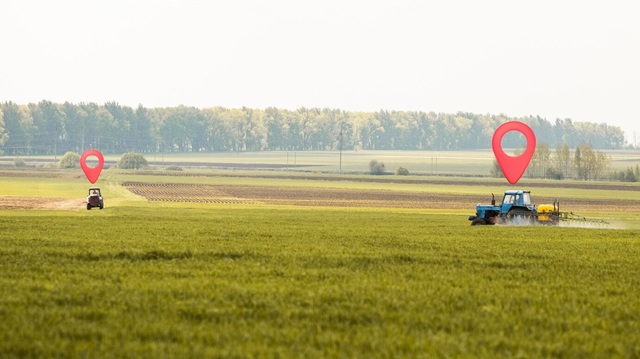
How do crop sprayers benefit farmers?
Introduction
Modern agriculture is heavily reliant on equipment and technology that enhances efficiency and productivity. One such critical tool is the crop sprayer, a vital piece of agriculture equipment that has transformed how farmers protect and nurture their crops. Crop sprayers are designed to apply fertilizers, pesticides, herbicides, and other agricultural chemicals evenly over large areas, ensuring better crop health and higher yields.
In this article, we’ll explore how crop sprayers benefit farmers, the different types available, and why they’re essential in modern-day farming.
What Is a Crop Sprayer?
A crop sprayer is a mechanical device used to spray liquids such as insecticides, herbicides, fungicides, and fertilizers on crops. It ensures that these substances are evenly distributed, effectively controlling pests, diseases, and weeds while promoting healthy plant growth.
Crop sprayers can range from small handheld units to large tractor-mounted or drone-based systems, depending on the size and needs of the farm.
Key Benefits of Crop Sprayers for Farmers
1. Efficient Pest and Disease Control
- Uniform application of insecticides and fungicides
- Prevents the spread of plant pathogens
- Helps maintain crop health and quality
2. Weed Management
- Saves time compared to manual weed removal
- Ensures that only weeds are affected, protecting the main crop
- Reduces crop stress caused by invasive plants
3. Improved Fertilizer Application
- Enhances nutrient uptake
- Reduces wastage of fertilizers
- Promotes uniform growth across the field
4. Saves Time and Labor
- One operator can cover many acres in a short time
- Reduced need for manual labor
- Ideal for large-scale and commercial farms
5. Cost-Effective Farming
- Minimizes chemical wastage
- Reduces crop loss from diseases and pests
- Improves overall crop yield and profitability
Types of Crop Sprayers
- Handheld Sprayers: Suitable for small farms or gardens; manually operated.
- Backpack Sprayers: Ideal for small to medium-sized fields; battery or manual powered.
- Knapsack Sprayers: Adjustable pressure; commonly used in orchards and horticulture.
- Tractor-Mounted Sprayers: Efficient for large farms; powered by tractors.
- Boom Sprayers: Equipped with long arms and multiple nozzles for wide coverage.
- Drone Sprayers: Advanced GPS-enabled systems for precision spraying.
Features That Enhance Crop Sprayer Efficiency
- Adjustable nozzles for varied spray patterns
- GPS integration for precision agriculture
- Pressure regulators for consistent spraying
- Tank filters to avoid clogging
- Automatic shut-off features to prevent over-application
Environmental and Safety Considerations
Crop sprayers, when used responsibly, also offer environmental benefits and ensure safety:
- Reduces over-application and chemical runoff
- Protects nearby water bodies and non-target plants
- Promotes targeted treatment, minimizing environmental impact
- Reduces human exposure to harmful chemicals with automated systems
Safety Tips for Using Crop Sprayers:
- Always wear personal protective equipment (PPE)
- Calibrate the sprayer before use
- Clean and maintain the sprayer regularly
- Store chemicals properly away from children and animals
Applications of Crop Sprayers
- Row crops like wheat, corn, soybeans, and cotton
- Orchards and vineyards for tree and vine treatment
- Vegetable farms for disease control
- Greenhouses for regulated spraying
- Organic farms using approved organic chemicals
How Crop Sprayers Help Boost Crop Yields
- Provide timely pest and disease intervention
- Promote healthier plants and better flowering
- Enable consistent growth and ripening
- Result in better-quality harvests
- Reduce crop loss due to pests and climate stressors
Challenges in Crop Spraying
Despite their advantages, crop sprayers also come with a few challenges:
- Initial cost for large or high-tech sprayers
- Need for technical knowledge to operate and maintain
- Risk of over-application if not calibrated properly
- Drift issues, especially on windy days
However, these issues can be mitigated with proper training, calibration, and responsible use.
Conclusion
In the world of modern farming, crop sprayers are indispensable tools that bring efficiency, precision, and productivity to the field. From improving pest control and fertilization to saving labor and enhancing yield, the benefits of using crop sprayers are undeniable.
For farmers aiming to maximize their output while minimizing effort and input costs, investing in the right agriculture equipment, such as crop sprayers, is a smart move toward a more sustainable and profitable agricultural future.
















Post Comment